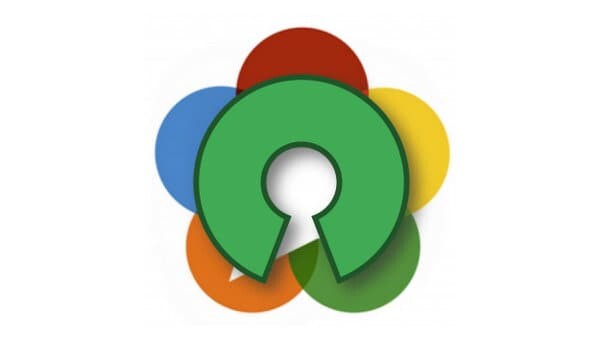Here’s tough question – what was the reason behind Google’s work in WebRTC?

This is something I planned writing about a few weeks ago, but now this seems like the perfect timing for it.
- Google reached a settlement on patents with MPEG-LA
- Nokia is taking HTC to court over VP8 patent infringement
- The codec wars in IETF are far from over
Google has poured a ton of money and resources into making WebRTC a reality. Chris Koehncke starts his latest post with this great paragraph:
I have to applaud Google’s near dictator like attitude about WebRTC. It will work as long as they are deciding to the better of the overall community. Helpful is that daddy Google has left their check book on the counter and seem willing to spend big $$$ to make problems go away. We should all take advantage of this free ride while it lasts.
The alarming part of it is the last one: “while it lasts”
So it begs the question – will Google one day, a few years from now, put the axe on WebRTC as it is now doing to their beloved Google Reader?
WebRTC without a sponsor in 2013 and most probably in 2014 as well is doomed. WebRTC with Google as its avid sponsor has a chance at success.
There are those who would say the whole deal here is of Google wanting to push more ads at people and video calls are suitable for that one.
I think it is more than that.
Google is the behemoth of the internet. It has grown with it, and in some ways even defined it.
Google wants to build the operating system of the platform, and it is doing it on the web. They invested in Mozilla and Firefox for a time to get there. And then introduced the Chrome browser and later the Chrome OS. The browser is the new OS. The only thing missing was to remove those pesky phone apps from our desktop and putting them inside the browser.
After technologies like WebGL, NaCl and browser based push notification, WebRTC was the only thing missing to take the browser to the next level.

ChromeOS shows us that Android wasn’t their idea. The market changed, Google needed to react or be forgotten. They want the web as a platform to thrive. They need that platform to thrive. It is where there business is. Google wants to index all the data.
The web is the place where all the is public. That is why they are good partners with Mozilla. Mozilla’s only goal in life is for the web to be the best platform.
Android might be used by many people, but it was forced on Google. Google knew when the market changes and you don’t have an offering, you can be left behind.
By creating the open source Android platform they lowered the bar to adopt Android and raised the bar for others to enter the market.
Lennie,
While this has seemingly little to do with WebRTC, you might also notice that Mozilla has moved into the smartphone market with their Firefox OS, which is a competitor/replacement for Android.
Sorry for getting kind of off-topic. You asked what Google wants, my point was they want the Web to be the dominant platform.
FirefoxOS is the same thing as ChromeOS, it is applying web technologies to mobile devices.
And if it is efficient enough (Linux on my dualbooting Chromebook with ChromeOS and desktop Linux is really efficient) then webtechnologies can be the dominant platform.
As someone ones said “always bet on the web”. Let me add something to that “Moore’s law is amazing”.
If you don’t develop any new big problems, lots and lots of problems can be solved my Moore’s law.
Tests show current Javascript engines are about twice as slow as C for most problems (most other scripting languages are usually in the 100’s of times slower than C !).
So you have a factor of 2 there, Moore’s law says it takes 18 months to get twice the performance.
Which means webtechnologies with it’s strengths of interoperability multiplatform support, openness and so on is lagging 18 months behind in performance to proprietary platforms. You have to remember for most applications performance isn’t the issue.
Ok, I hope I’m still making sense ? 🙂
Let me add something: Google runs their servers at maximum efficiency and do so at an incredible scale, they are the best in the business. That is one of their strength.
If the web is the platform, then they can keep their ‘no evil’ slogan, because they don’t need to lock users in. All they need to keep doing is build the most efficient datacenters to support their applications. Because of that they will always be cheaper than the competition. Most of their applications are even free and/or ad-supported.
Why do you think they are in the ad-business ? Because they want to control their own destiny when they do ad-supported applications.
Free really is the easiest sell and the simplest way to let people get started with your application.
Again, I hope I’m still making sense. 🙂